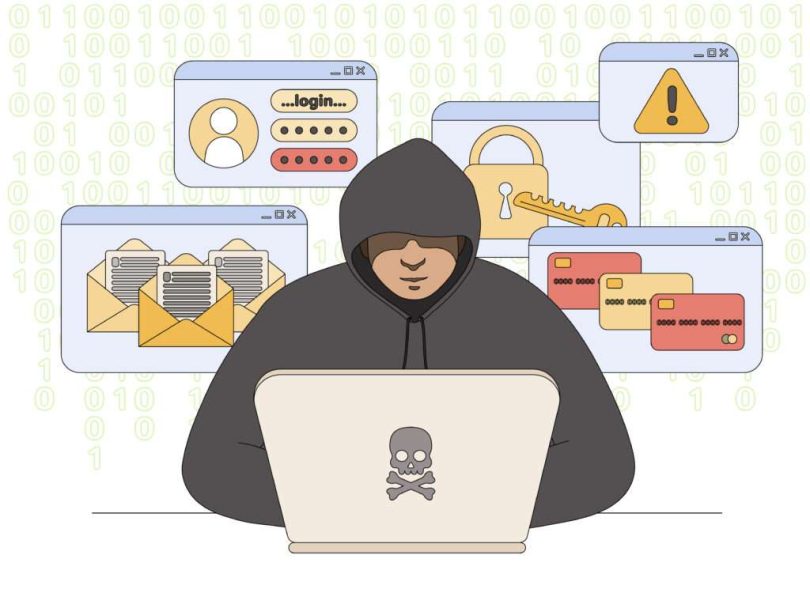What You Need to Know: A Beginner’s Guide to Personal Finance
When it comes to managing your personal finances, it can be a daunting task, especially for those who are new to the game. With so many options available, it’s easy to get lost in a sea of information, from credit cards to investments to budgeting apps. That’s why it’s essential to have a solid understanding of the basics, to set yourself up for financial success.
First and foremost, it’s crucial to start with a clear understanding of your financial situation. Take the time to create a comprehensive list of your income, expenses, and debts. This will help you identify areas where you can cut back and make adjustments to get back on track. Don’t be afraid to use budgeting tools or apps to help streamline the process.
Another essential step is to prioritize your spending. Make a list of your financial priorities, from essential expenses like rent or mortgage, utilities, and food, to non-essential expenses like entertainment, hobbies, and travel. This will help you allocate your resources wisely and make sure you’re getting the most bang for your buck.
Debt management is another critical aspect of personal finance. If you have high-interest debt, such as credit card debt, it’s essential to tackle it head-on. Consider consolidating debt into a lower-interest loan or balance transfer, and make a plan to pay it off as quickly as possible. If you’re struggling to make ends meet, consider seeking the help of a credit counselor or financial advisor.
Investing is another important aspect of personal finance, but it’s often shrouded in mystery. The truth is, investing doesn’t have to be complicated. There are many simple and accessible options, such as index funds or ETFs, that can help you grow your wealth over time. And don’t be afraid to start small, as even modest investments can add up over time.
In addition to planning for the future, it’s also important to plan for the unexpected. Set aside an emergency fund to cover three to six months of living expenses in case of unexpected events, such as job loss or medical emergencies. This will help you avoid going into debt and give you peace of mind knowing you’re prepared for whatever life throws your way.
Finally, it’s essential to stay informed and educated about personal finance. Read books, articles, and blogs to stay up-to-date on the latest tips and trends. Take advantage of online resources, such as calculators and financial



